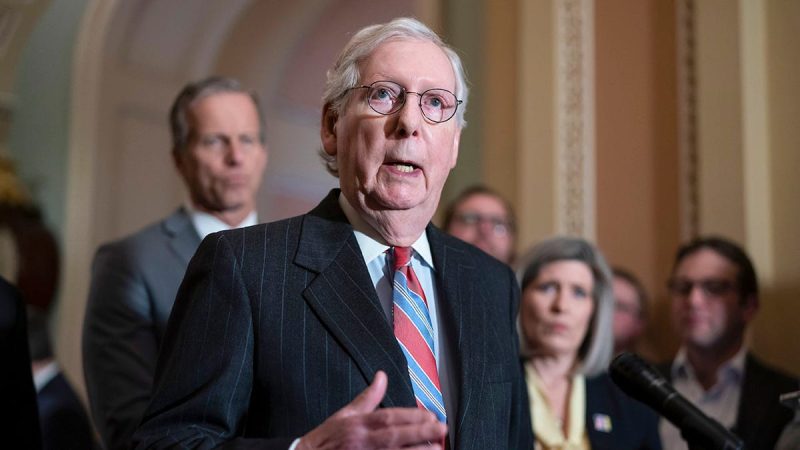Bourbon whiskey is one of the staples of America’s culture and economy. The distinct caramel-colored spirit has been referred to as ‘America’s Native Spirit’ for its place in American history. The beverage is distilled primarily in Kentucky, with close to 95 percent of the world’s bourbon made in the Bluegrass State.
Recently, the presence of bourbon in American culture was threatened by the European Union (EU). The EU threatened to impose a 25 percent tariff on imported bourbon. This along with other spirits, cheeses, textiles, and agricultural products were set to undergo tariff increases in 2021 if a global trade deal could not be reached by the end of the year.
As a result, U.S. trade negotiators took to the action to block the EU’s planned tariff. The trade agreement reached in August 2020 did not specify bourbon, however it acknowledged that both sides had ‘specific commitments to refrain from any form of tariff escalation’ as well as ‘clear rules to guide the future trade relationship’.
The new agreement was celebrated by advocates of American products. Many said the agreement ‘showed respect for Kentucky’s long tradition of crafting the world’s finest bourbon’. Similarly, the Kentucky Distillers’ Association (KDA) said the agreement to end the tariff was an ‘amazing demonstration of the American spirit’. The KDA stated that the agreement has ‘reinforced Kentucky’s vital role in the global spirits market’.
In addition to its economic importance for the U.S. economy, bourbon is also symbolic of American culture. It is the featured spirit in many of the nation’s classic cocktails like the Old Fashioned, the Whiskey Sour, and the Manhattan. Additionally, it is often used to make whiskey-based cakes, sauces, marinades, and glazes. This shows just how essential bourbon whiskey is to American culture.
Though bourbon was, fortunately in this instance, exempted from the proposed tariff, American trade negotiators must continue to be vigilant as the possibility of such events remain. A global trade agreement such as this is necessary to ensure that companies producing Kentucky Bourbon Whiskey are able to continue producing the spirit that has become so entwined with American culture.

